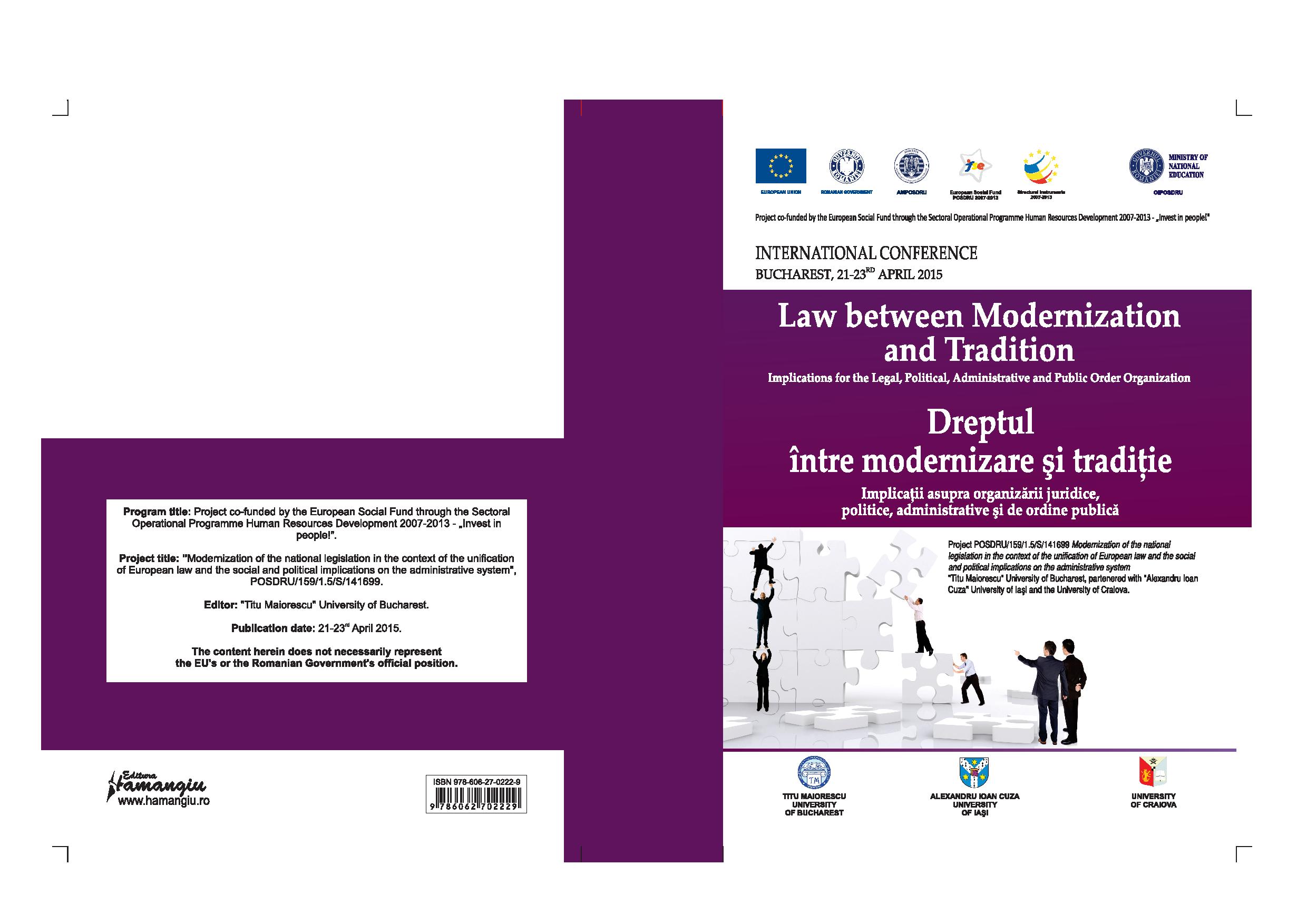LEGAL EQUALITY AND UNITY IN THE
TAX LAW BETWEEN TRADITION AND MODERNIZATION
LEGAL EQUALITY AND UNITY IN THE
TAX LAW BETWEEN TRADITION AND MODERNIZATION
Author(s): Alexandru Mihnea GăinăSubject(s): Law on Economics
Published by: Editura Hamangiu S.R.L.
Keywords: legal equality; fiscal equity; tax neutrality; equality by taxation; fair settlement of tax burdens;
Summary/Abstract: The idea of equality represents a request of the natural right, and it was explained starting from religious, psychological, psychological, philosophical and even historical fundaments. The idea of equality seen from the perspective of the natural right could not be explained as people are born with different gifts.The modern theories of the law substantiate equality appealing to human fundamental rights and freedoms. To this end, the first modern political-legal theories on legal equality have been developed in Social Contract Theory of the Englishmen J. Locke and T. Hobbes supported by the Frenchmen Ch. Montesquieu and J.J. Rousseau. Its conclusion was that the contract is a form of association for the protection both of persons, and of their goods, but each citizen is allowed to keep their freedom and to assert their equality before the others. At the moment, legal equality is consecrated both by the constitutional provisions, and by the international deeds (Treaties, Conventions, Covenants, etc.) in which Romania is a part. Legal equality is polymorphous, and may manifest either under the form of a fundamental right, or of a principle of law.
Journal: Conferința Internațională de Drept, Studii Europene și Relații Internaționale
- Issue Year: III/2015
- Issue No: III
- Page Range: 503-510
- Page Count: 8
- Language: English

